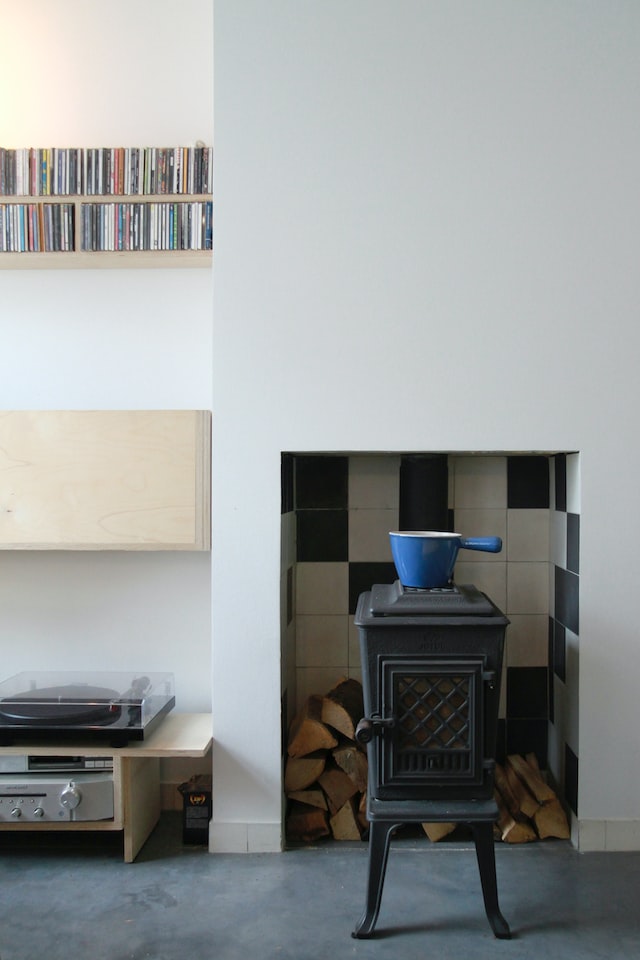As the weather gets colder and we start to rely more on our home heating systems, it’s important to make sure that our homes are properly insulated to maximize our home’s heating efficiency. Otherwise, we’ll end up wasting a lot of energy—and money—trying to keep our homes warm. Here are a few tips for keeping your home well insulated this winter.
1. Check for gaps and cracks.
Gaps and cracks around doors and windows are one of the biggest culprits when it comes to heat loss in the home. Take a walk around your house and check for any gaps or cracks that might be letting heat escape. If you find any, seal them up with caulking or weatherstripping.
2. Insulate your attic.
Heat rises, so if you have an attic and it is not properly insulated, a lot of heat is going to escape through the roof. Make sure that your attic is insulated to R-60 standards; this will ensure that it’s properly equipped to deal with winter weather.
3. Get rid of drafts.
Drafty rooms can make it very difficult to keep your home warm in the winter. To get rid of drafts, you can install draft guards under doors or use heavy curtains to block drafts from coming in through windows. You can also seal up any openings around electrical outlets or light fixtures.
4. Invest in a programmable thermostat.
A programmable thermostat will allow you to set different temperatures for different times of the day, so you’re not wasting energy heating your home when nobody is there. For example, you can set the temperature to be lower when everyone is at work or school during the day, and then raise it an hour before everyone comes home so that the house is nice and warm when you walk in the door.
5. Use Heavy Curtains
Another way to prevent heat from escaping is by using heavy curtains or blinds on your windows. This will help create an extra barrier between the cold air outside and the warm air inside your home.
6. Get Your Chimney Inspected
If you have a fireplace, it’s important to get your chimney inspected before using it for the first time each winter. This will help ensure that there are no blockages that could cause smoke or carbon monoxide to come into your home. It’s also a good idea to install a chimney cap to help keep out animals and debris.
By following these tips, you can make sure that your home is well insulated against the cold weather this winter. These are just some of the ways you can save energy—and money—while still keeping your family comfortable all winter long.

